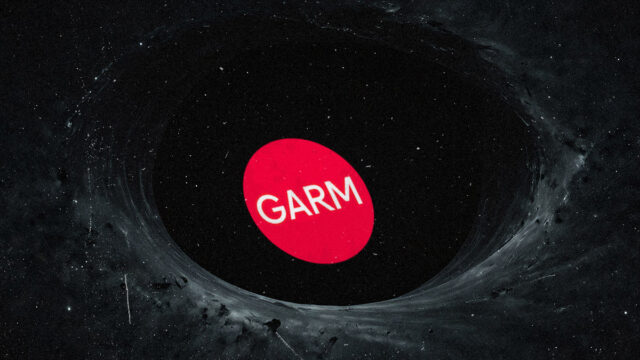X vs. the Ad Industry: How Did We Get Here?
Join the experts at Mediaweek, October 29-30 in New York City. Stay ahead of the shifts impacting the media landscape and gain fresh strategies to drive platform growth. Save 20% on passes.
Elon Musk’s ownership of X (formerly Twitter) has not been without its challenges and criticisms.
Since buying the social media platform in 2022, Musk has been in the headlines over misinformation, buyer’s remorse, warring with advertisers, and more. Now, X has driven the nonprofit Global Alliance for Responsible Media (GARM) to close its doors after serving the nonprofit with a lawsuit over advertising on the platform.
In this episode of Yeah, That’s Probably an Ad, ADWEEK’s brand editor Rebecca Stewart and community editor Luz Corona are joined by Trishla Ostwal, AI and tech reporter, and Catherine Perloff, platforms reporter.
They discuss the ongoing controversy surrounding Musk’s ownership of X, its impact on the advertising industry, and what might happen next. They also talk about what they’ve heard from sources about X’s brand safety measures, and what buyers are really thinking.
To learn more, listen to the latest episode or check out key takeaways below.
This is an ideological issue
Ostwal and Perloff take us back to the start, highlighting Musk’s questionable comments on X and the subsequent backlash from advertisers. Advertisers initially started boycotting X due to concerns about brand safety and offensive content. Then, Musk’s free speech agenda clashed with brands’ desire to distance themselves from problematic content.
As a result, X’s revenue dropped and the number of advertisers on the platform decreased; ad spend on X dropped 20% year-over-year in 2024, from $788 million in 2023 to $628 million, per MediaRadar.
X’s lawsuit is like ‘Hershey’s suing people who don’t buy candy’
The relationship between Musk and advertisers has become antagonistic. Perloff likens the decision to sue GARM, Unilever, Mars and CVS for “conspiring to boycott X” to “Hershey’s suing people who don’t buy candy.” All this is creating uncertainty for ad buyers and raising concerns about the viability of advertising on X.
GARM was more helpful than harmful
GARM was a leading organization in establishing standards for what constitutes brand safety, although they weren’t the only one doing so (there are tech vendors that brands pay to help do this). GARM’s role involved setting guidelines for where brands should or should not advertise, often based on ideological considerations. This was crucial because brand safety measures can impact important journalism, since ads may be pulled from significant but controversial content.
Advertisers relied on GARM to know where to draw the line in a very complicated and fractured digital media ecosystem.
Advertisers have ongoing frustrations with X beyond brand safety
Among some advertisers, there have been concerns that anti-misinformation efforts are “too liberal-leaning,” said Perloff, causing hesitation and uncertainty. However, brands often return to large platforms such as X, since there are few viable alternatives.
Ostwal adds that marketers tell her they’re still frustrated with X due to poor sales support and communication. Agencies have reported difficulties getting reliable responses from X’s sales representatives, especially after Musk’s takeover, she said.
https://www.adweek.com/media/elon-musk-x-advertising-lawsuit-garm-misinformation/
